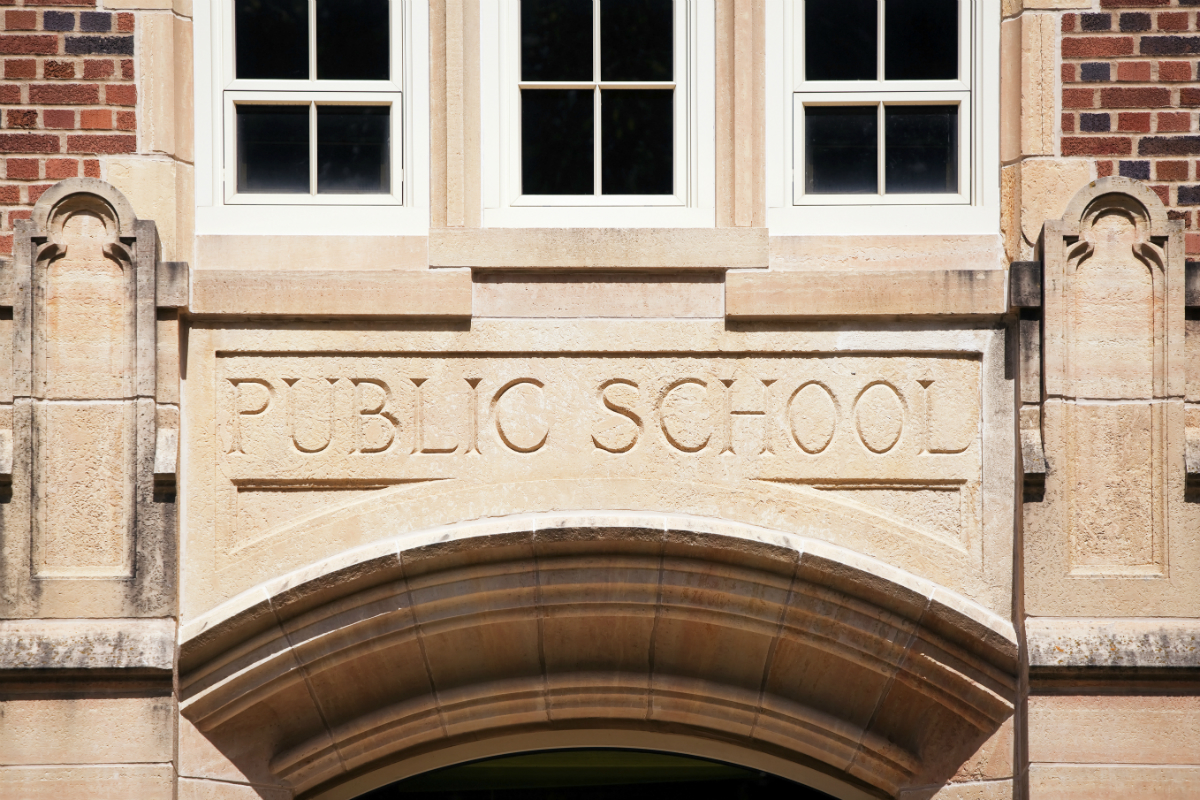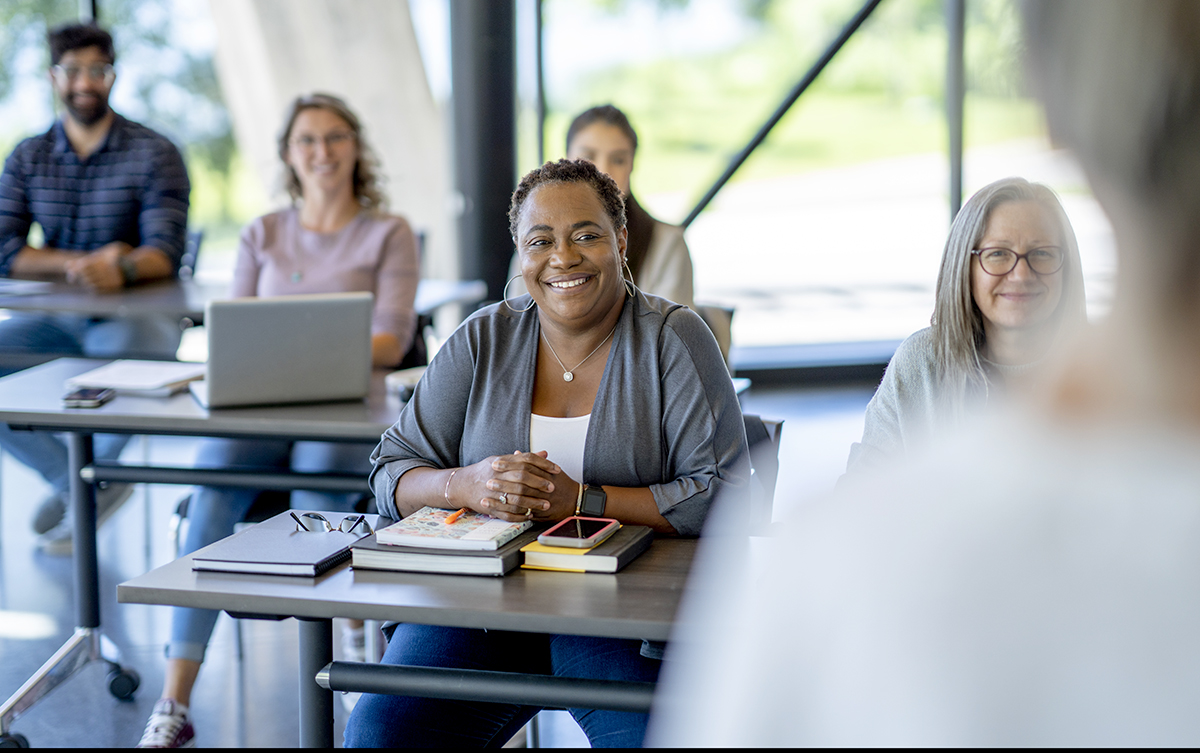by Paul Richman
California Gov. Jerry Brown’s May Budget Revise reflected a strong commitment to the improvement of public education through the Local Control Funding Formula. As school districts seek to involve local communities – parents, students, teachers, administrators and school boards – in shaping education and supporting student performance, I reflect on the opportunity we have for thoughtfully and authentically engaging young people in this process. In our ever-polarized political environment, today more than ever, we need to provide youth with guided practice in participating in policy decisions. As districts become more familiar and accustomed to LCFF and LCAP, they can engage students in this process. In turn, the LCAP process itself is strengthened when it incorporates students’ perspective in shaping funding priorities.
How can districts meaningfully engage students? We have learned that reaching and engaging students requires a creative and varied approach rather than simply trying to insert students into adult-focused outreach. By creating a variety of engagement opportunities including online surveys, student friendly materials, listening workshops during the school day, roundtables with student leadership groups, and student-led events, schools and districts can plug in to the real concerns and ideas that only students can bring to the table.
“When students are given the opportunity to go through the process of identifying and investigating problems, engaging in civil dialogue, communicating conclusions and taking informed action, they gain critical leadership and civic skills like problem solving and facilitation, teamwork, and constructive communication.”
Next, input thoughtfully provided by students should be communicated back to them, validating that their voices have been heard. This feedback fosters a culture of respect and collaboration between students and the adults around them. It also models for students how to participate in civic life, and introduces them to key civic organizations, such as their School Board.
Research has found that meaningfully supporting students in civic learning and engagement improves school culture, improves academic performance and strengthens the civic climate. When students are given the opportunity to go through the process of identifying and investigating problems, engaging in civil dialogue, communicating conclusions and taking informed action, they gain critical leadership and civic skills like problem solving and facilitation, teamwork, and constructive communication.
Engaging students in the process of setting priorities, allocating resources and communicating with peers is a meaningful exercise in civic learning. Young people need to know that their opinions and concerns matter and that they have the ability to affect the world around them. Showing them how to be effective citizens of their own schools will deliver the best LCAP results and help develop civically engaged adults.
 Paul Richman is CSBA’s Chief of Staff and the former executive director at California State PTA. This post was published in partnership with the Power of Democracy.
Paul Richman is CSBA’s Chief of Staff and the former executive director at California State PTA. This post was published in partnership with the Power of Democracy.




